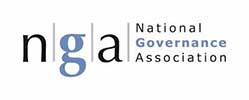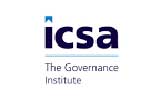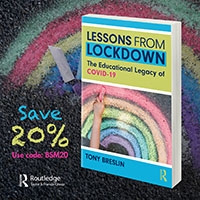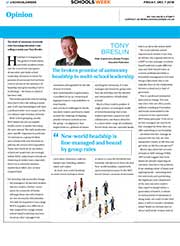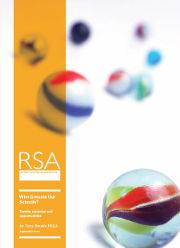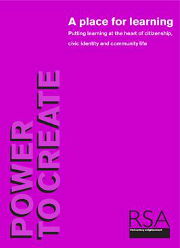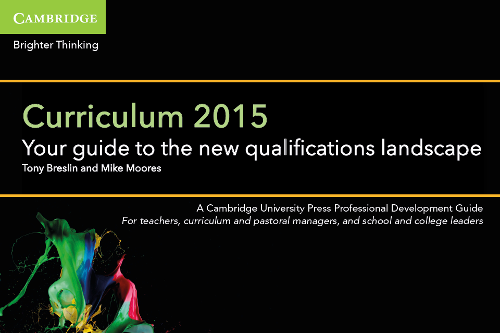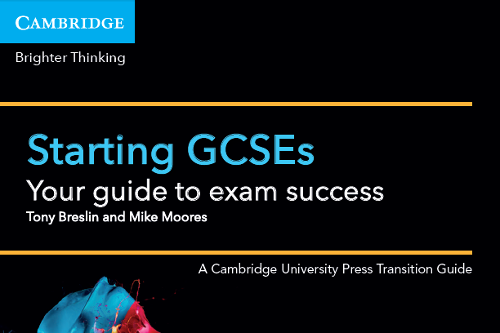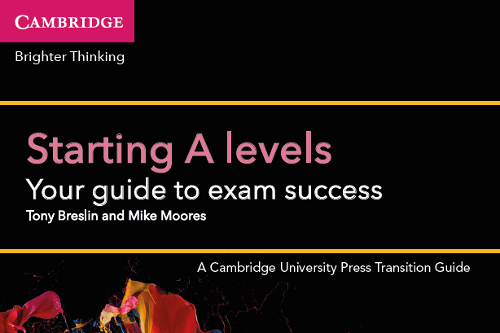












In 1987, 70 per cent of FTSE 100 CEOs had been educated in private schools; by 2007 this figure had dropped to 54 per cent
The Sutton Trust (2018)

"Good governance enables a school, charity or business to be the best it can be"
Martin Matthews, National Leader of Governance
National Leader of Governance
Transform Governance is a joint venture between Breslin Social Impact and Permuto Consulting


Need consultancy support? We have access to a range of specialists across sectors, across functions, and across the UK and beyond. Contact us to explore possibilities.
Participation
At Breslin we are committed to supporting social impact initiatives that encourage and enable participation, especially amongst those who might not otherwise decide to get involved. Vibrant communities, successful democracies and healthy societies depend on the informed, effective and confident participation of the many, not the few.
From this perspective, our interest is in work that doesn’t simply increase the number of participation opportunities, important though this is, but with interventions that go further and both increase the number of individuals involved and the depth of their involvement. Our experience in the participation and citizenship spheres tells us that, too often, initiatives aimed at “widening participation” serve only to open up further opportunities for the already engaged, widening the gap between these ‘super-activists’ and those who remain uninvolved.
Closing this participation gap is, for us, the biggest single challenge facing all who work in this area, whether their interest is in learner or employee voice, community organising or youth engagement. The success of anything that aspires to be called the “big” (or the “good”) society demands the closure of this gap and requires this breadth of participation.
This analysis underpins our focus on developing the skills of practical citizenship – skills that enable individuals to feel confident in coming forward to volunteer, in chairing or intervening in meetings or debates, in serving as trustees or school or college governors, in speaking from (or to) platforms, or in making presentations – not least to those in power and who they need to influence.
Interventions such as Right to Speak, our proposed national campaign to promote oracy and public speaking, and our work with the RSA on the future of school governance are designed to build an appetite for participation, whether this be in the workplace, the community, the pressure group, or in formal politics. In so doing, we intend that individuals from every community will play their part in reclaiming the levers of power from the noisy few.


